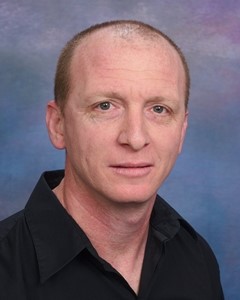Download course description
What Does this Course Cover?
In this course you will learn the details and capabilities of T-SQL in the following areas: Logical Query Processing; Query Tuning (including tools for measuring query performance and Internals and Index Tuning); Subqueries and Table Expressions (Derived Tables, CTEs, Views, Inline Table-Valued Functions), Recursive Queries, the APPLY Operator, Joins and Set Operators; Data Analysis (including Window Functions, Pivoting and Unpivoting Data, aggregating strings with the STRING_AGG function); TOP and OFFSET-FETCH; Data Modification; Working with Date and Time (including System-Versioned Temporal Tables); Programmable Objects (including Dynamic SQL, User Defined Functions, Stored Procedures, Plan Caching, Transactions and Concurrency, Error Handling); In-Memory OLTP.
Along the course you will learn how to use T-SQL to solve practical problems such as: Relational Division, Missing and Existing Ranges (Gaps and Islands), Separating Elements, Pivoting and Unpivoting, Ranking and Offset, Running Totals, Moving Averages, YTD, Custom Aggregations, TOP and OFFSET-FETCH Problems, Paging, Top N Per Group, Median, Data De-Duplication, Handling Sequences, Merging Data, Treatment of Temporal Intervals (Intersection, Max Concurrent, Packing), Dynamic Search Conditions (aka Dynamic Filtering), considerations for using In-Memory OLTP, and more.
You will learn how to tune your queries, how to develop efficient routines including user defined functions and stored procedures, work in multi-user environments with transactions and isolation levels, and use dynamic SQL securely and efficiently.
The course provides a dedicated module focusing on query tuning. The module covers tools for measuring query performance and covers internals and index tuning. It also provides a lot of additional query tuning material for self-studying. Moreover, query tuning is in the heart of this course and is incorporated in the different modules throughout the course.
With each querying/programming task the discussions will revolve around logical aspects, set-based vs. iterative/procedural programming and optimization of the solutions.
The course workbook also contains a bonus self-study appendix on Graphs and Recursive Queries. This appendix covers graphs, trees and hierarchies. It explains how to model and
query such structures. It also covers the HIERARCHYID datatype, and the SQL Graph feature.




